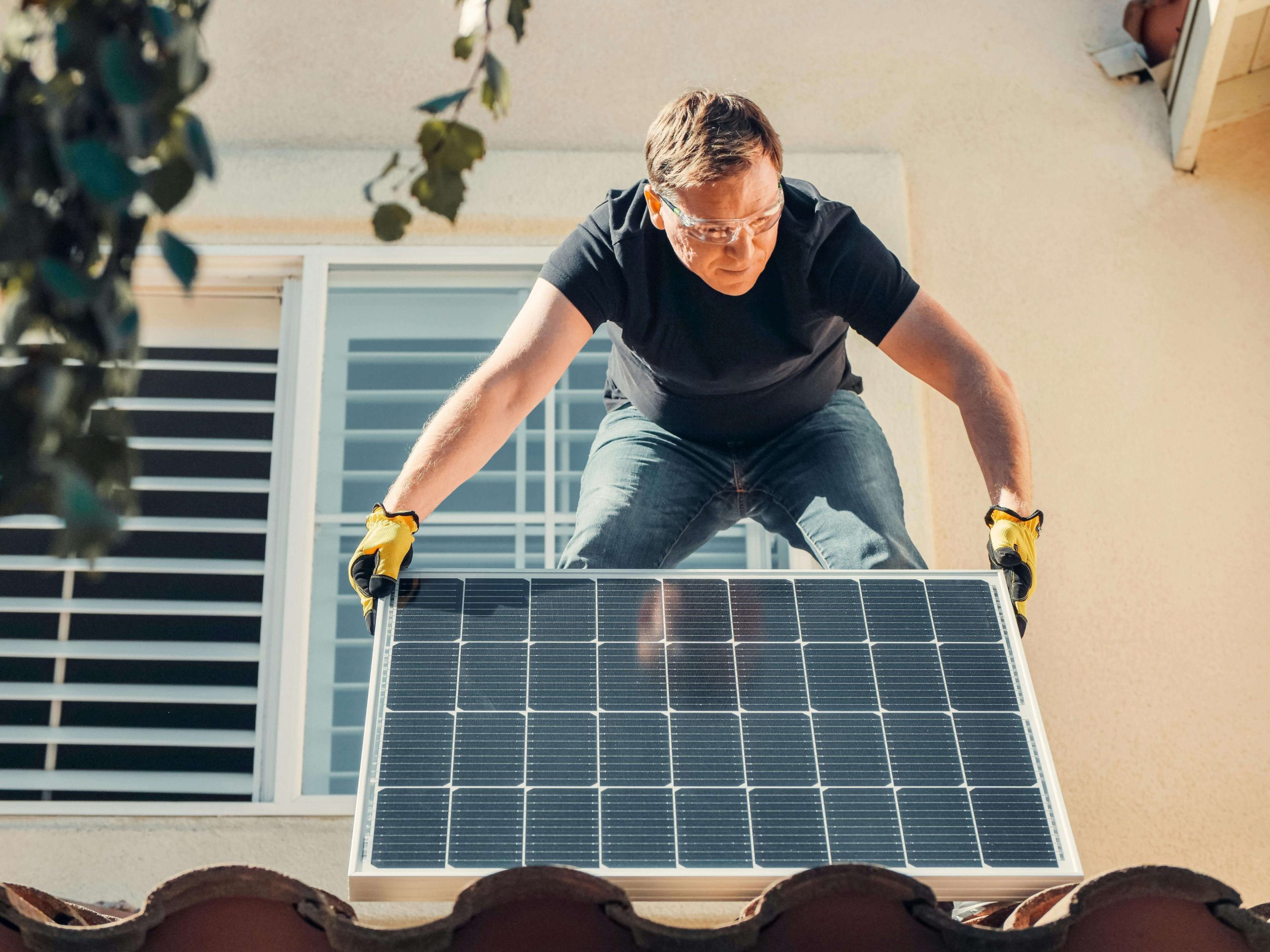Overcoming Recycling Challenges for PV Panels in Australia
- recycling, solar
- 22 February 2024

In the quest for a sustainable future, Australia has turned its sunny skies into a source of power, championing solar energy to meet its growing energy needs. However, as the nation basks in the glow of renewable progress, a shadow looms on the horizon: the challenge of solar waste. This blog delves into the intricacies of recycling solar panels, a critical step towards ensuring the sustainability of Australia’s solar revolution.
The Rise of Solar Energy in Australia
The solar industry in Australia has seen unprecedented growth, with millions of households and businesses installing photovoltaic (PV) systems to harness the sun’s energy. This boom is supported by energy agencies and government incentives, propelling Australia towards its renewable energy targets. Yet, with this surge comes the inevitable question of disposal, as solar panels reach the end of their lifespan.
The Solar Waste Challenge
As more PV panels are installed, the issue of solar waste escalates. With a lifespan of about 25-30 years, these panels eventually necessitate disposal or recycling. Without effective recycling technology and practices, this solar waste poses a significant environmental challenge, contradicting the very essence of renewable energy’s promise of sustainability.
Recycling Challenges
Recycling solar panels in Australia faces several hurdles. Technological challenges stem from the complex composition of PV panels, which include glass, metals, and other materials that require specialised processes to separate and recover. Economically, the recycling process is not yet cost-effective, lacking the infrastructure and scale needed to lower costs. Furthermore, regulatory frameworks lag behind the rapidly evolving solar industry, making it difficult to establish comprehensive stewardship schemes that ensure responsible end-of-life management.
Current Efforts and Solutions
In the face of mounting solar waste, Australia is witnessing a transformative shift towards more sustainable practices in the handling and recycling of solar PV panels. Initiatives spearheaded by government agencies, private enterprises, and research institutions are making significant strides. For instance, the Australian Renewable Energy Agency (ARENA) has funded projects aimed at improving recycling techniques for solar panels, showcasing a commitment to renewable energy and sustainability that extends beyond power generation.
Furthermore, the introduction of pilot recycling programs across several states underscores the proactive steps being taken. These programs not only test the viability of advanced recycling technologies but also aim to establish a blueprint for nationwide recycling schemes. Among these, initiatives that focus on the thermal treatment and mechanical separation of panel components are showing promise, potentially revolutionising the way solar panel materials are recovered and reused.
Collaboration between industry leaders and academic institutions has also led to breakthroughs in recycling technology. These partnerships have given rise to innovative methods that enhance the efficiency of extracting precious metals and silicon from used panels. Such advancements are crucial for reducing the environmental impact of solar waste and for making the recycling process economically viable.
The Role of Homeowners and the Solar Industry
Homeowners are at the forefront of Australia’s solar revolution, and their choices have a profound impact on the lifecycle of solar PV panels. By opting for solar solutions from companies committed to the principles of sustainability and recyclability, homeowners can exert considerable influence on the market. This consumer demand for responsible products encourages manufacturers to design panels that are not only efficient but also easier to recycle.
The solar industry, recognising its pivotal role in this ecosystem, is increasingly aligning itself with sustainability goals. Companies are investing in research to improve the recyclability of their products and are exploring take-back schemes that facilitate the return of end-of-life panels. Such initiatives are not just about compliance with future regulations but also about leading by example, demonstrating the industry’s commitment to a greener future.
Ecoactiv’s role in this landscape exemplifies the synergy between technological innovation and environmental stewardship. By offering a platform that simplifies the recycling process for both consumers and businesses, Ecoactiv is helping to bridge the gap between solar energy production and sustainable waste management. Their services not only ensure that solar panels are diverted from landfills but also contribute to the circular economy, underscoring the importance of end-to-end sustainability in the solar industry.
Through collective action and the adoption of innovative recycling solutions, homeowners and the solar industry can significantly mitigate the impact of solar waste. These efforts are instrumental in maintaining solar energy’s position as a pillar of Australia’s renewable energy strategy, ensuring that the sector remains sustainable as it scales.
Sustainable Horizons for Solar
As Australia advances in its solar energy journey, addressing the challenge of solar panel recycling is crucial. Innovations and collaborations, particularly with Ecoactiv’s recycling initiatives, pave the way for a sustainable future. By uniting homeowners, the solar industry, and recycling solutions, we can mitigate solar waste and foster a circular economy. This commitment ensures solar energy’s role as a sustainable pillar in Australia’s renewable landscape, setting a global standard for environmental stewardship.
